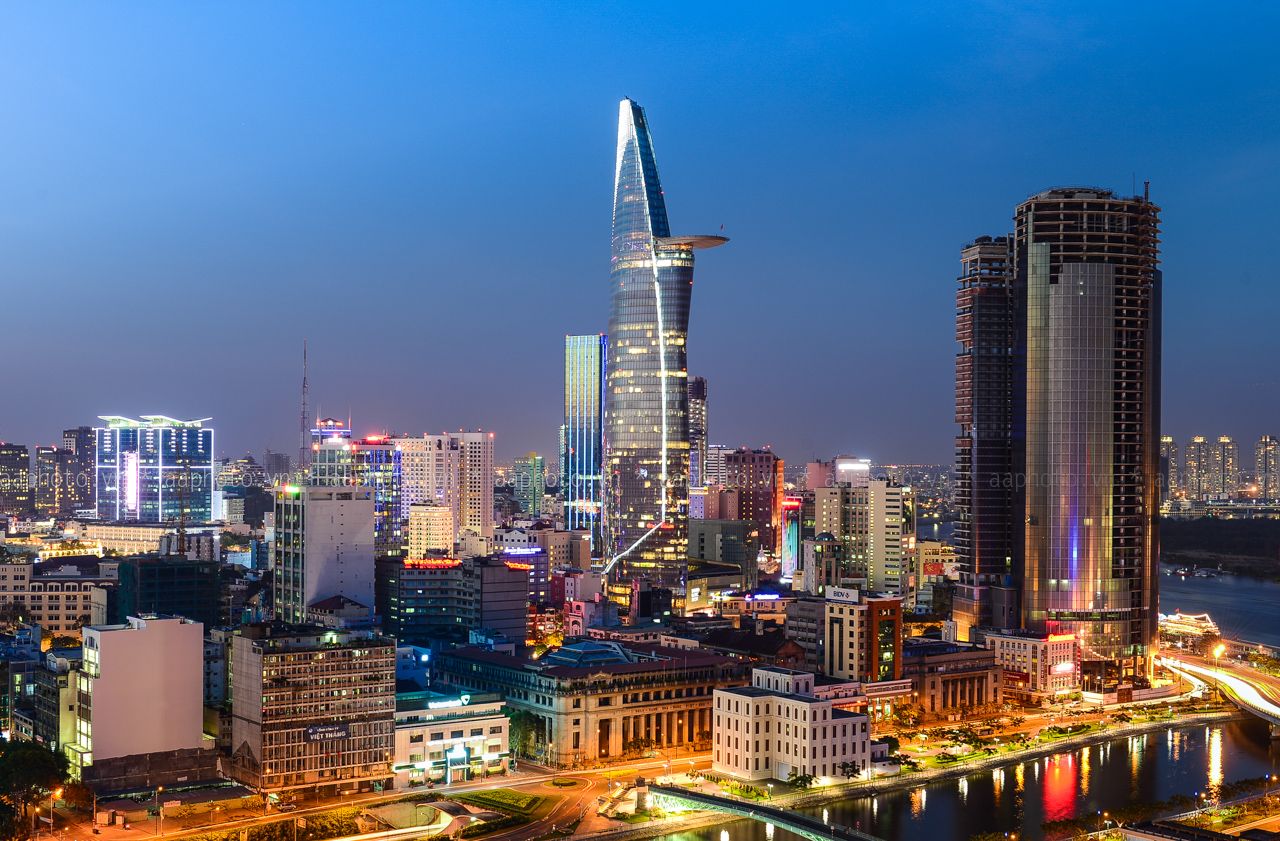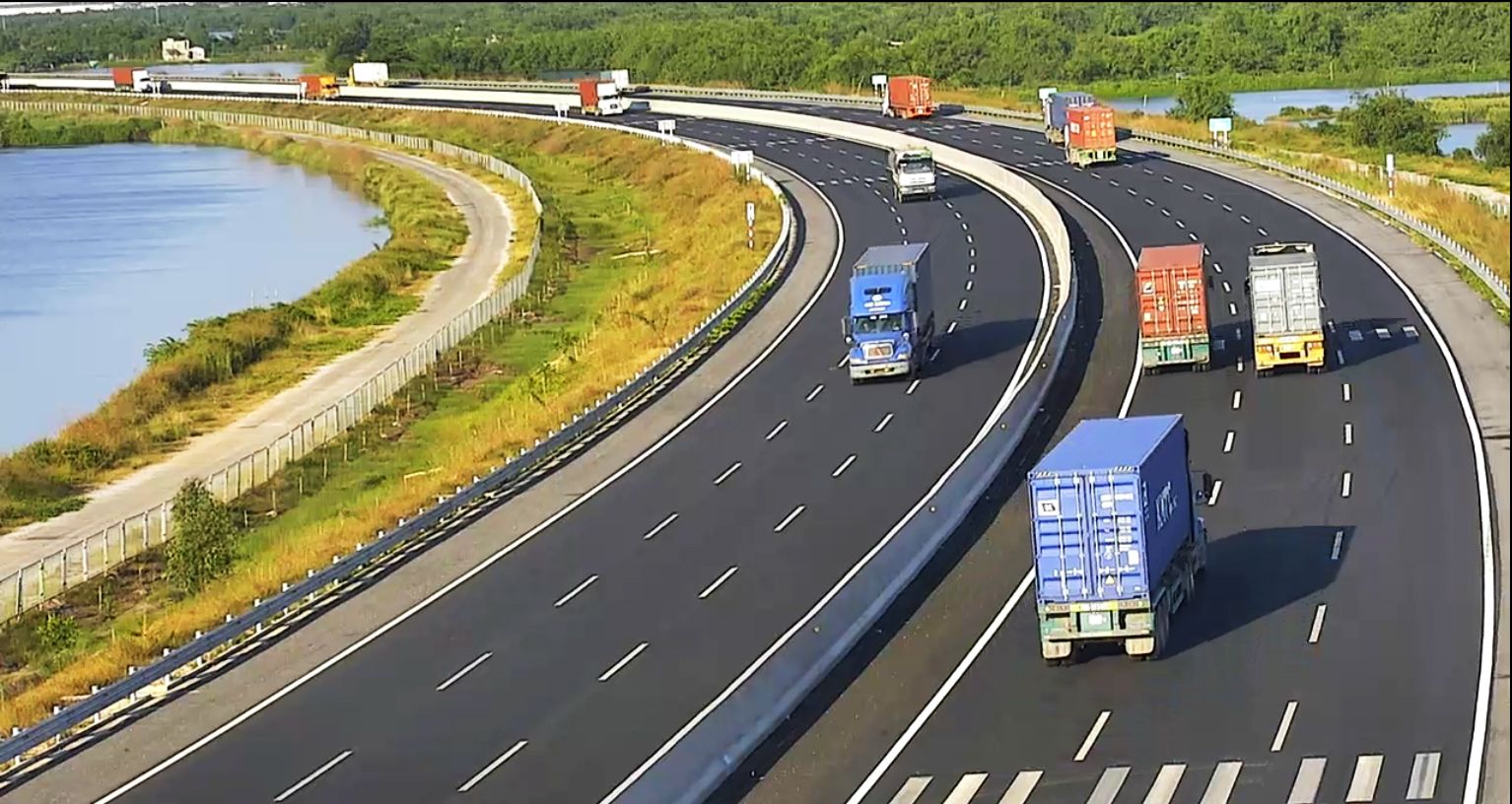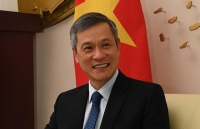
International integration significantly transforms VN’s economy
Latest
| TIN LIÊN QUAN | |
| Vietnamese economy witnesses new records | |
| Vietnam’s economy stays positive amid global growth slowdown: PM | |
 |
| A corner of Ho Chi Minh city. (Photo: Reatimes) |
Throughout the past 34 years of implementing the renewal policy initiated and led by the Party, thanks to the joint efforts of the entire Party, people and army, Viet Nam has attained significant and historic achievements.
Overcoming the economic crisis, Viet Nam has now become a middle-income developing country, and is accelerating industrialization, modernization and international integration.
On the occasion of the 90th founding anniversary of the Communist Party of Viet Nam (February 3, 1930-2020), the article “Transformations from integration” reviews Viet Nam’s international economic integration process since its admission to the Association of Southeast Asian Nations (ASEAN) in 1995, with the outstanding socio-economic results thanks to the Party’s resolutions and the Government’s concretization of those resolutions into mechanisms, policies and solutions in integration and national development.
Since the 6th National Party Congress (1986), which kick-started the national renewal period, the guideline of fostering economic and scientific cooperation with other countries has been mentioned and maintained throughout the following congresses.
The 12th National Party Congress continued to affirm the policy of vigorously implementing the strategic orientation of proactive and active international integration, ensuring international integration is the cause of the entire people and the entire political system, accelerating integration on the basis of maximizing internal power, and promoting the process of enhancing national synergy and competitiveness.
Over the past years, international economic integration has not only contributed to reforming Viet Nam’s investment and business environment, but is also an important driver of the country’s socio-economic development.
In particular, international economic integration has helped to increase national synergy and enhance the competitiveness of the economy, while gradually enabling Viet Nam to affirm its position in the international arena as well as in the eyes of investors.
Strong transformation
In the cause of national economic development, especially since Viet Nam officially joined the World Trade Organization (WTO), the Vietnamese economy has been integrating into the region and the world in an increasingly extensive manner.
Therefore, the implementation of the open-door policy has become an important driver of economic growth, contributing significantly to maintaining a high annual growth rate of the Vietnamese economy.
 |
| A part of Ha Noi - Hai Phong Express way. (Photo: baodautu.vn) |
As shown in statistics, Viet Nam has participated in 13 free trade agreements (FTAs) thus far, including 7 FTAs signed as an ASEAN member and 6 signed as an independent party.
In addition, the country is currently negotiating 3 other FTAs – the Regional Comprehensive Economic Partnership (RCEP), an FTA with the European Free Trade Association (EFTA), and the Viet Nam-Israel FTA.
Talking about Viet Nam’s integration process, Luong Hoang Thai, director of the Multilateral Trade Policy Department under the Ministry of Industry and Trade, said that since joining ASEAN in 1995, Viet Nam has officially opened its door and has begun to negotiate the FTAs.
However, at the beginning, the country only participated in FTAs just as a member of the ASEAN bloc.
Moreover, during the initial period, Viet Nam mainly participated in the old-generation FTAs with a focus on border measures instead of going deeply into the regulations within the framework of national policies.
Not only that, Viet Nam participated in these FTAs from a passive perspective, as all of the ASEAN regulations were already available, and Viet Nam was not allowed to negotiate any regulations.
As a result, the benefits were almost zero, because the aforementioned partners were the country’s vital competitors.
Nonetheless, thanks to the righteous guidelines of the Party and the involvement of the entire political system, Viet Nam has now been in a more active position in selecting partners.
 | Vietnam capitalizes on advantages to develop green marine economy Vietnam has nearly 1km of coastline per 100 square kilometers of its territory, 6 times higher than the global average. This is a leading indicator ... |
 | Ambassador: Vietnam has a robust economy with an attractive business environment In an interview with Diplomatisches Magazin, the Vietnamese Ambassador H.E. Nguyen Minh Vu talks about the "Strategic Partnership" between Vietnam and Germany, the rapid economic ... |
 | Digital economy expected to account for 20% GDP by 2025 Vietnam has set goal to increase the GDP share of digital economy to 20% by 2025, according to the latest Resolution No. 52-NQ/TW of the ... |

























